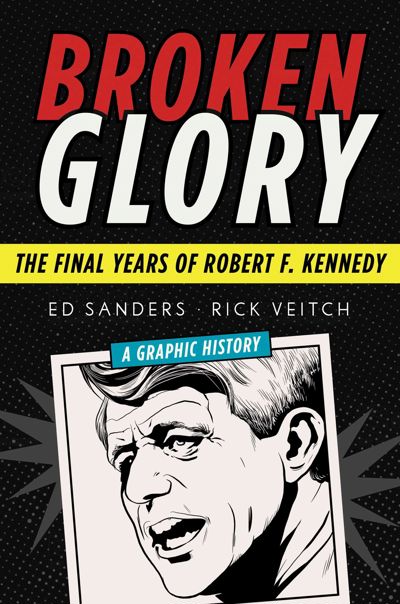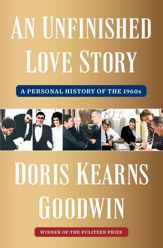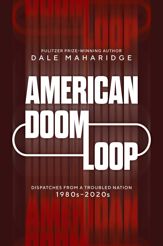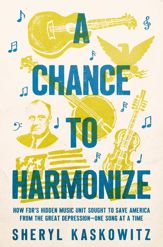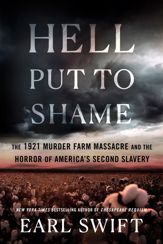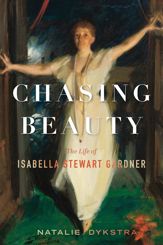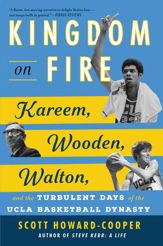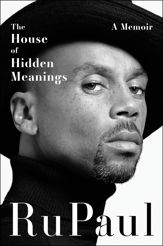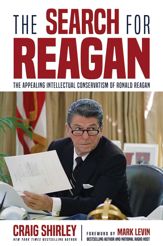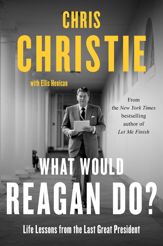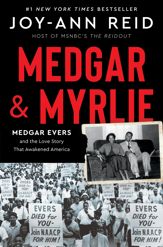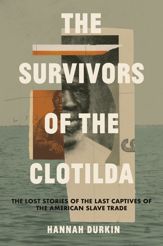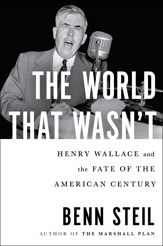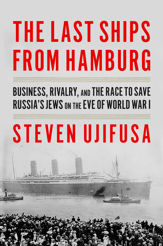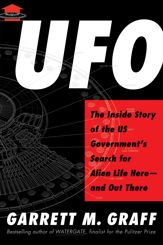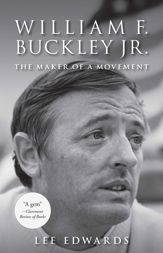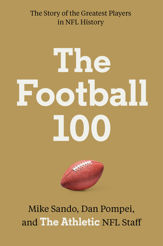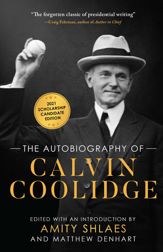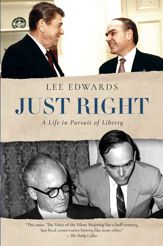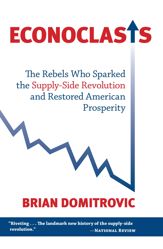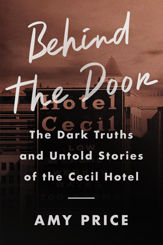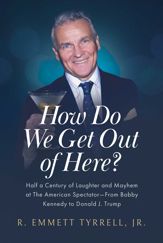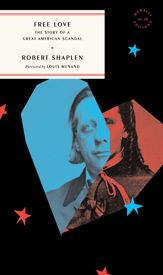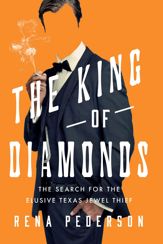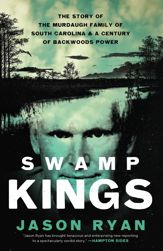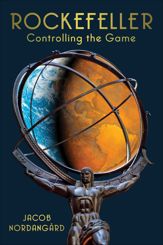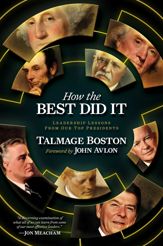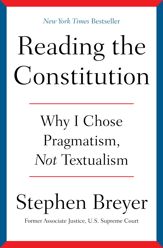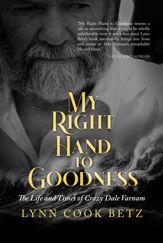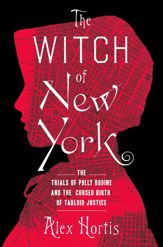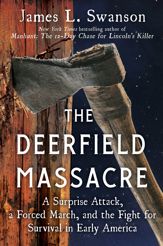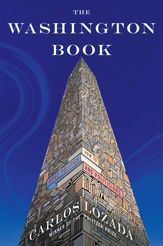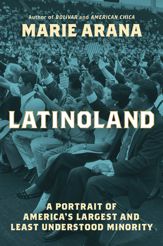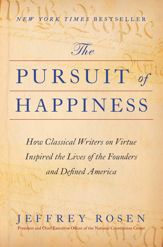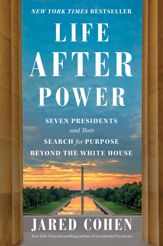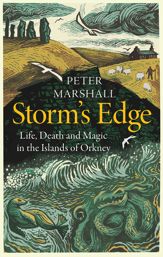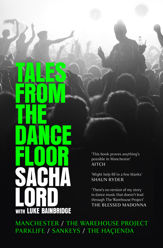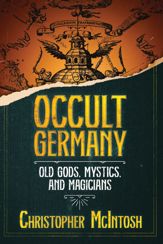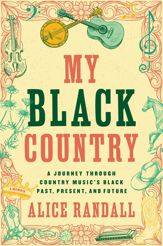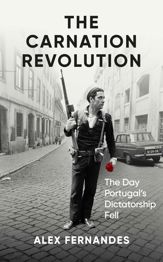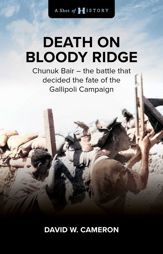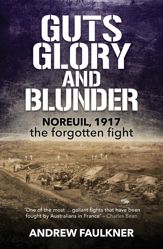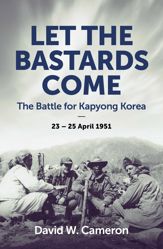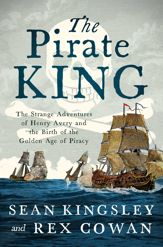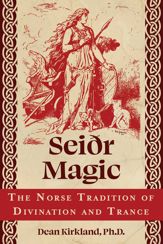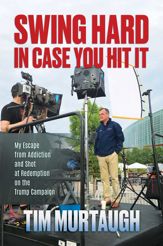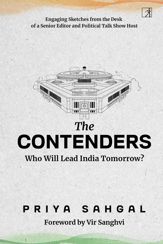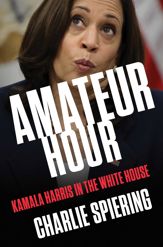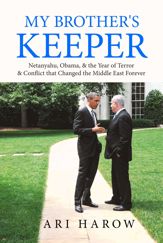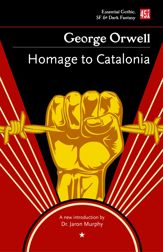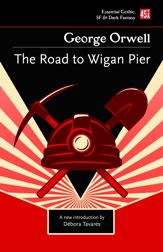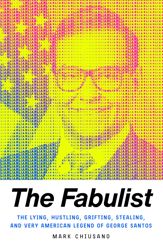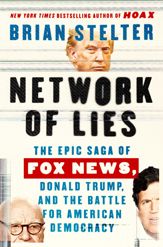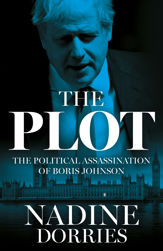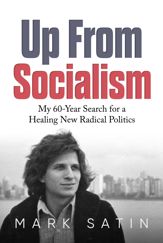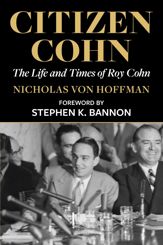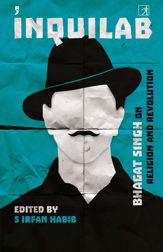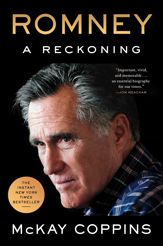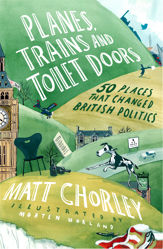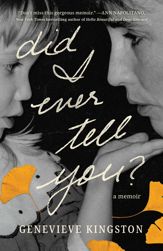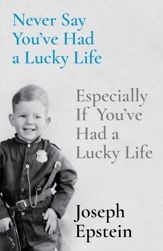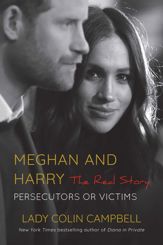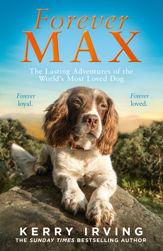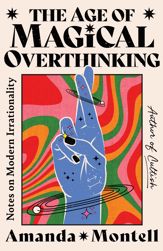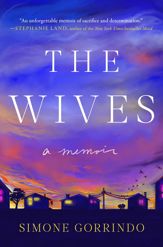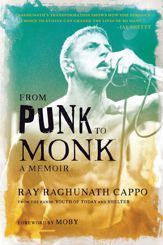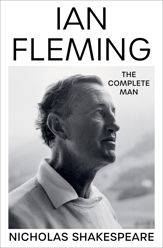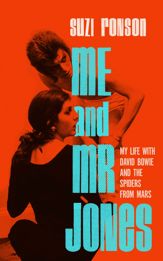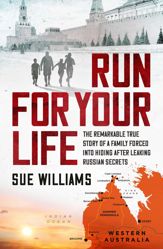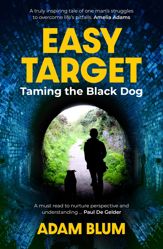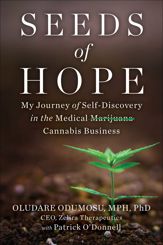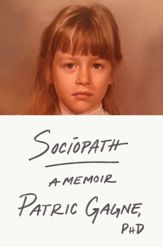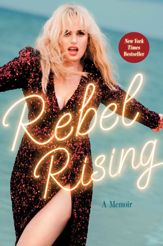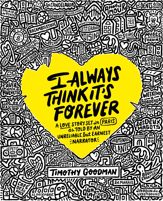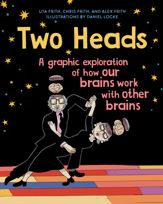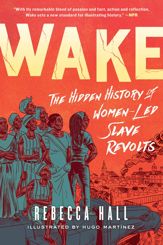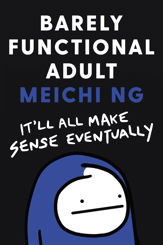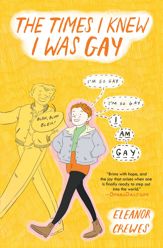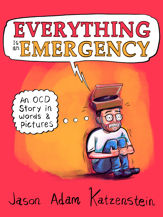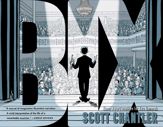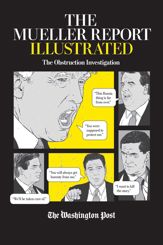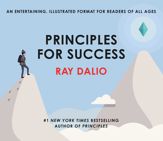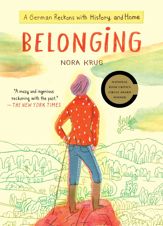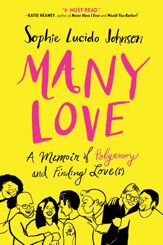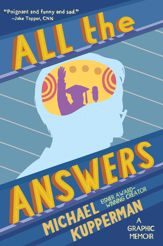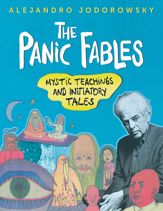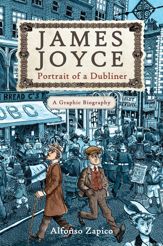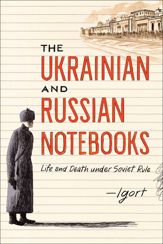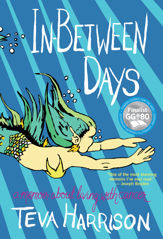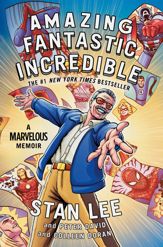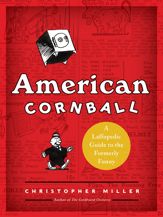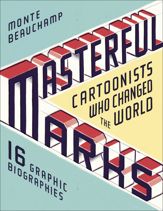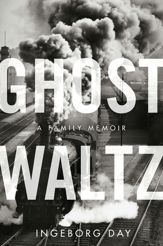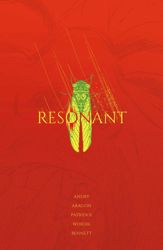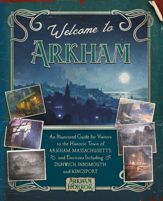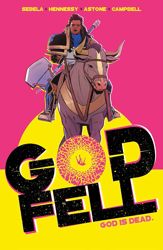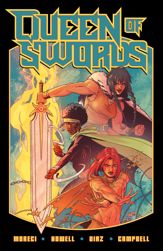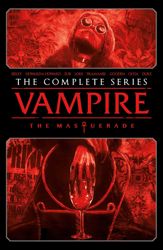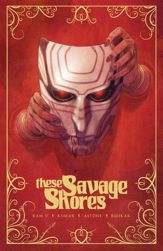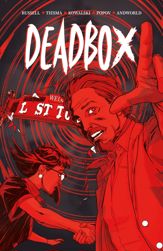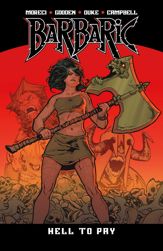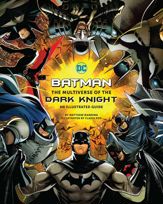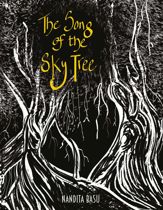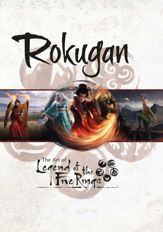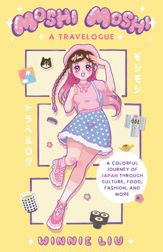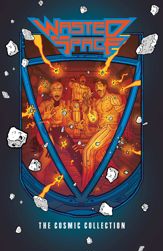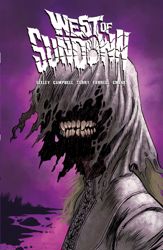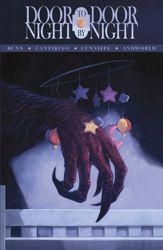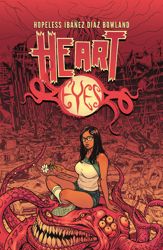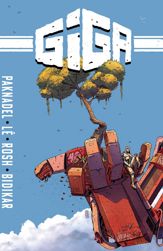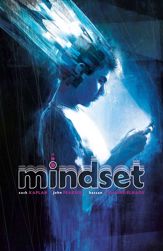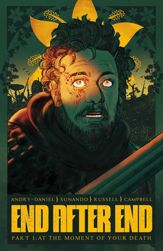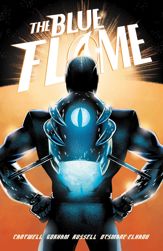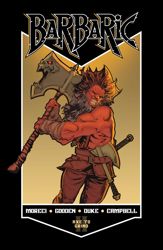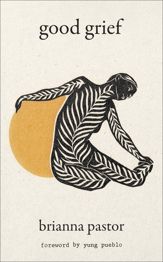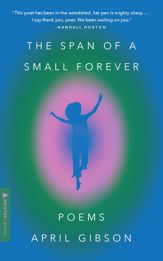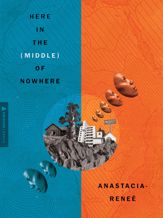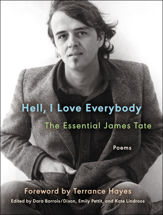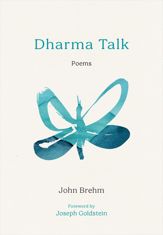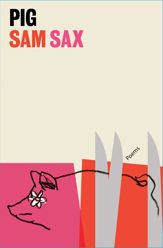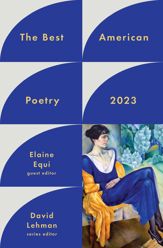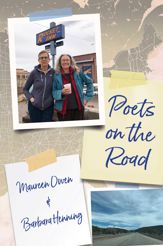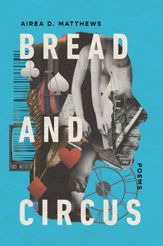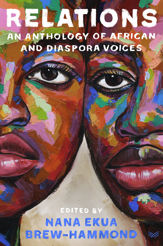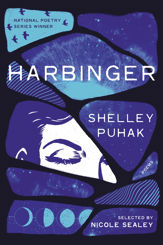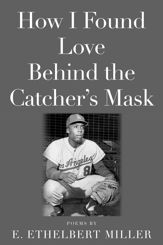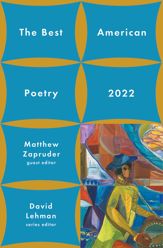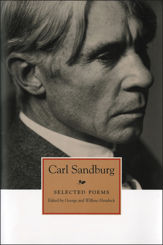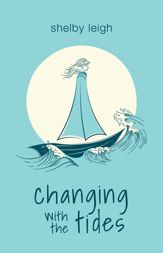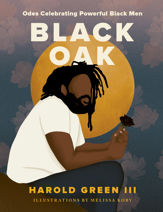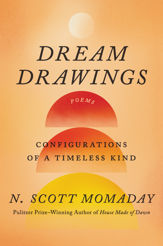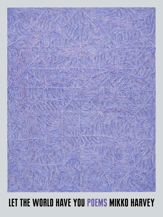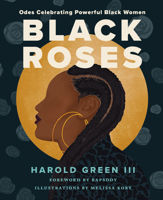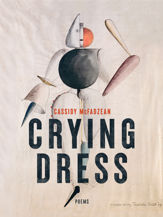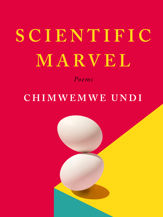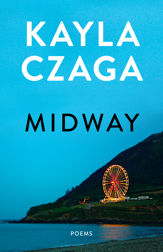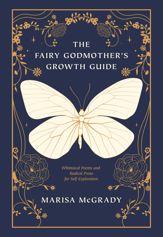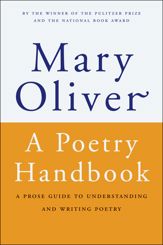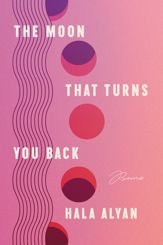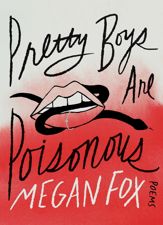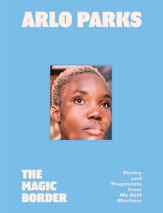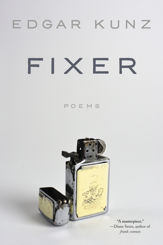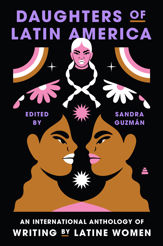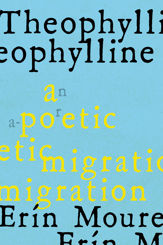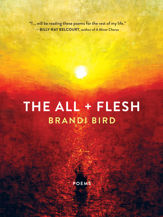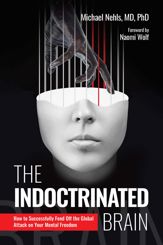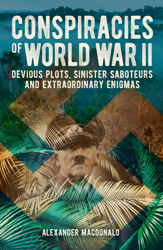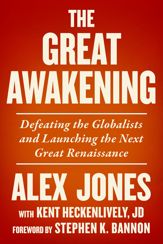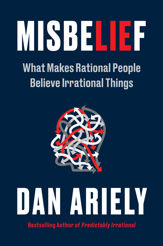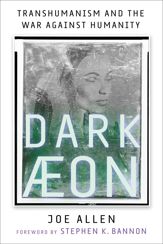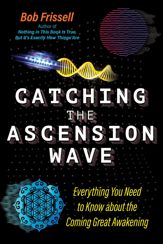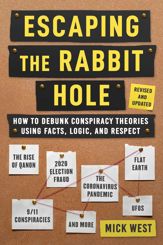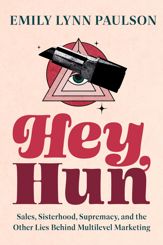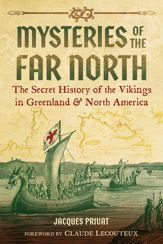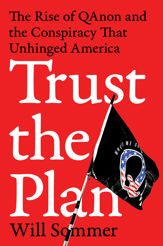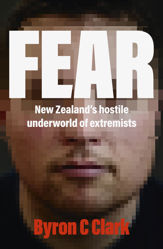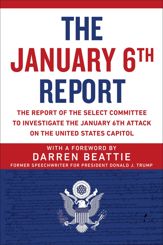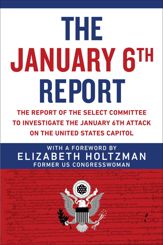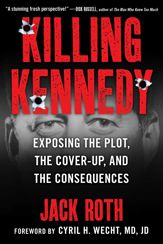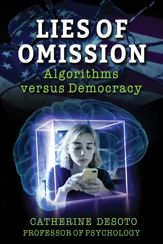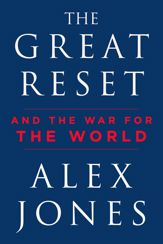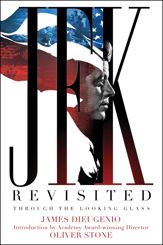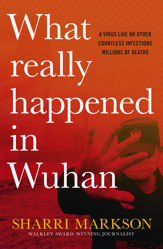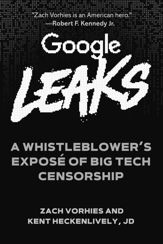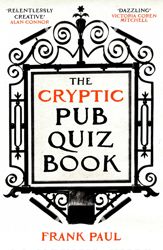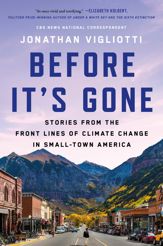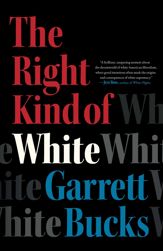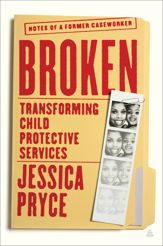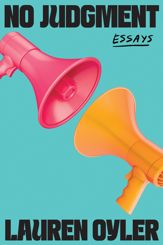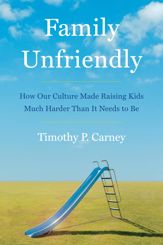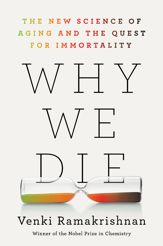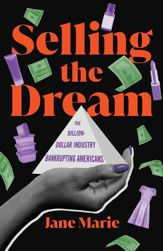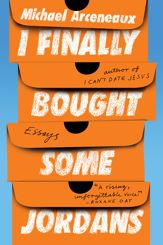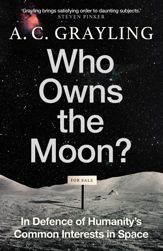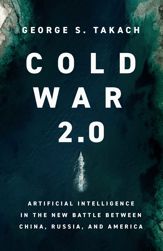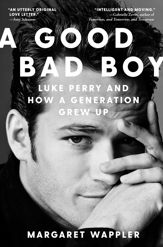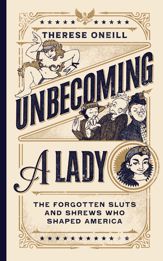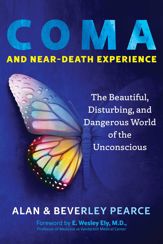"[Sanders] performs a mesmerizing feat of documentary artistry in this powerful distillation of tragic ironies, baffling inconsistencies, and possible explanations, a book of epic verse seamless and supple in its cadence, vivid in its language, sharp in its critique, and deeply moving in its elegiac feelings . . . perfectly matched with comic artist Veitch’s reverberating drawings. . . . What emerges most definitively and hauntingly is Robert F. Kennedy’s conviction, eloquence, and courage, and how very much the world lost on June 5, 1968.”—Booklist, starred review
"Broken Glory fells like a summa of some kind. . . . On June 4, 1968, the day [Kennedy] was shot, the poem almost seems to stand still . . . and we remain in the moments following the [victory] speech . . . While the stop action and repetition is quite reminiscent of Bruce Conner's dazzling film Report, Sanders is able to achieve this density of moment through his shifting verse patterns and data clusters that cannot be easily approached in non-textual medium. . . . By presenting it like this, we come to understand that, though Kennedy was assassinated, the case is still open."—Bomb “Talk about a perfect tonic to this second age of unilateralism and all the inherent dangers in the keeping of state secrets, and real dangers of today’s childlike and narcissistic calls about a 'deep state.’ . . . [Broken Glory is] meticulously researched, like the best of nonfiction, but rendered in a highly-personalized fashion that prismatically covers a panoply of interpretive means of seeing facts [about Robert Kennedy’s assassination] with an authoritatively caustic sense of the multilateral ways in which history moves.”—Woodstock Times
“A unique and readable account of the senator’s tragic last months.”—School Library Journal
"Poet Ed Sanders's graphic history on the death of Robert Kennedy (and Martin Luther King Jr.) takes the form of a long poem, with illustrations by Rick Veitch. Apprising history as a poem is a brilliant device, because poetry is always involved with the specific, the concrete, the pertinent detail. Every assertion in Sander’s text is sourced and usually witnessed by three or more people. Has the fog of history obscured facts like the LA coroner insisting that different guns were used in the killing of RFK, and numerous crime investigators examining the bullets and supporting his conclusion? The book is like Rashomon. I highly recommend it."—Peter Coyote
"Read Broken Glory carefully and look carefully, then read and look another time. There is dynamite here, not the kind used by terrorists on all sides of the law and the military, but dynamite for the mind. . . . Broken GloryI is an important addition to the world of the so-called graphic history or graphic novel, aka ‘comic art,’ and likewise to the political saga of the sixties. It should recall memories, some of them carefully hidden, and bring to the mostly under-thirty ‘millennial’ readers disturbing suggestions about how American politics sometimes works in eras of social unrest.”—Paul Buhle, retired senior lecturer at Brown University, author of social histories of American life, and editor of more than a dozen nonfiction graphic novels or “nonfiction comics”
“Like Allen Ginsberg, Sanders knows how to capture and upset an audience, and then deliver a message in the language of our time.”—Bloomsbury Review
“Sanders is a fascinating character, the personification of the counterculture movement.“—Publishers Weekly
“In Sanders’s poetry we find . . . one of the clearest and most necessary bodies of work still being written today.”—Poetry Project Newsletter
“Sanders has been an astonishing and fertile presence in our cultural and political landscape.”—Andrei Codrescu
"Fragmentary but coalescing, multi-strand, multi-perspective, Broken Glory is the stunning yield of more than 40 years of research and rumination and letting facts talk to facts."—Hudson Valley One
Description
Bobby Kennedy's last campaign—an homage to a leader who might have changed history and a reconstruction of the conspiracy to stop him, in a magisterial feat of epic investigative poetry.
June 5, 2018, is the fiftieth anniversary of the assassination of Robert F. Kennedy, and there are still unanswered questions about whether his murder was the result of a conspiracy. Broken Glory is a graphic history told in epic verse of Bobby Kennedy's life and times leading up to the fateful 1968 election campaign, with 100 illustrations by artist Rick Veitch.
It encompasses the story of his convicted killer, Sirhan Sirhan, as well as a large cast of characters that includes Lyndon Johnson, J. Edgar Hoover, Richard Nixon, and Eugene McCarthy, who was the first to challenge the sitting president of his own party in the 1968 election, and it recalls the major events that made 1968 a turning point in American history: the Tet offensive and battle of Hue, followed soon after by the My Lai massacre, the assassination of Martin Luther King, and the riots that ensued. The authors illuminate the evidence for a conspiracy, fostered perhaps by elements of the CIA, that fielded a second shooter and made of Sirhan Sirhan a patsy, mirroring the part played by Lee Harvey Oswald in the assassination of John F. Kennedy, an event that haunted JFK’s younger brother until his dying day.
Reviews
"[Sanders] performs a mesmerizing feat of documentary artistry in this powerful distillation of tragic ironies, baffling inconsistencies, and possible explanations, a book of epic verse seamless and supple in its cadence, vivid in its language, sharp in its critique, and deeply moving in its elegiac feelings . . . perfectly matched with comic artist Veitch’s reverberating drawings. . . . What emerges most definitively and hauntingly is Robert F. Kennedy’s conviction, eloquence, and courage, and how very much the world lost on June 5, 1968.”—Booklist, starred review
"Broken Glory fells like a summa of some kind. . . . On June 4, 1968, the day [Kennedy] was shot, the poem almost seems to stand still . . . and we remain in the moments following the [victory] speech . . . While the stop action and repetition is quite reminiscent of Bruce Conner's dazzling film Report, Sanders is able to achieve this density of moment through his shifting verse patterns and data clusters that cannot be easily approached in non-textual medium. . . . By presenting it like this, we come to understand that, though Kennedy was assassinated, the case is still open."—Bomb “Talk about a perfect tonic to this second age of unilateralism and all the inherent dangers in the keeping of state secrets, and real dangers of today’s childlike and narcissistic calls about a 'deep state.’ . . . [Broken Glory is] meticulously researched, like the best of nonfiction, but rendered in a highly-personalized fashion that prismatically covers a panoply of interpretive means of seeing facts [about Robert Kennedy’s assassination] with an authoritatively caustic sense of the multilateral ways in which history moves.”—Woodstock Times
“A unique and readable account of the senator’s tragic last months.”—School Library Journal
"Poet Ed Sanders's graphic history on the death of Robert Kennedy (and Martin Luther King Jr.) takes the form of a long poem, with illustrations by Rick Veitch. Apprising history as a poem is a brilliant device, because poetry is always involved with the specific, the concrete, the pertinent detail. Every assertion in Sander’s text is sourced and usually witnessed by three or more people. Has the fog of history obscured facts like the LA coroner insisting that different guns were used in the killing of RFK, and numerous crime investigators examining the bullets and supporting his conclusion? The book is like Rashomon. I highly recommend it."—Peter Coyote
"Read Broken Glory carefully and look carefully, then read and look another time. There is dynamite here, not the kind used by terrorists on all sides of the law and the military, but dynamite for the mind. . . . Broken GloryI is an important addition to the world of the so-called graphic history or graphic novel, aka ‘comic art,’ and likewise to the political saga of the sixties. It should recall memories, some of them carefully hidden, and bring to the mostly under-thirty ‘millennial’ readers disturbing suggestions about how American politics sometimes works in eras of social unrest.”—Paul Buhle, retired senior lecturer at Brown University, author of social histories of American life, and editor of more than a dozen nonfiction graphic novels or “nonfiction comics”
“Like Allen Ginsberg, Sanders knows how to capture and upset an audience, and then deliver a message in the language of our time.”—Bloomsbury Review
“Sanders is a fascinating character, the personification of the counterculture movement.“—Publishers Weekly
“In Sanders’s poetry we find . . . one of the clearest and most necessary bodies of work still being written today.”—Poetry Project Newsletter
“Sanders has been an astonishing and fertile presence in our cultural and political landscape.”—Andrei Codrescu
"Fragmentary but coalescing, multi-strand, multi-perspective, Broken Glory is the stunning yield of more than 40 years of research and rumination and letting facts talk to facts."—Hudson Valley One
